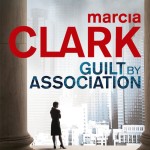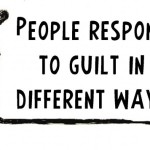I recently applied to and interviewed for an artist residency at a senior center in New York City. Given that I'm interested in oral history, it seemed like a natural fit. However, in creating my project proposal, and then going through the ensuing interview process, I began to feel a sense of unease. I realize now that this unease was due to the fact that I felt the need to speak differently about my work and about the project I had proposed then I normally might have, say around friends, or a curator. Is this kind of doublespeak a necessary evil when engaging in public projects?
Basically the question is: is the driving force behind my work the desire to critique? I became preoccupied with this idea when I recently attended a symposium and this question was posed by a critic to an artist, in the sense of "where is the critique". The artist in question resisted the notion of critique, instead insisting that the nature of her work was to open up new opportunities and new methods…
But is there a certain kind of danger is using this kind of ambiguous language? I've started to feel lately that artists who engage with the public are in a unwieldy place. There seems to be a lot of cynicism about the social practice work of the last decade and a sense that reclaiming authorship is important, yet a lingering on of some of the same old language. In thinking about my own work I began to wonder, have I been fooling myself in thinking that my interest in working with specific communities is devoid of any cynicism, irony, or mischievousness? Should I be more honest with myself, and more specific in terms of my intentions?
This week I re-read Claire Bishop’s essay that appeared in Artforum in 2006. You can find that essay here.
The following is a quote from that article about a couple of artists, including Jeremy Deller and Phil Collins two of my personal favorites, which gave me a moment of pause:
"Deller, Collins, Zmijewski, and Holler do not make the correct ‘ethical choice‘, they do not embrace the Christian ideal of self-sacrifice; instead, they act on their desire without the incapacitating restrictions of guilt. In so doing, their work joins a tradition of highly authored situations that fuse social reality with carefully calculated artifice."
I like all of the projects she champions, but is acting on desire without the pull back of guilt really the way to go? I feel guilty often. It's basically my go to emotion. Am I off base in thinking that guilt is sort of under-rated and honesty maybe a little overrated?
This video was pretty popular a couple of months ago:
Clearly, people think watching guilty puppies is amusing. Maybe this is something to explore...
- Deller, Jeremy, The Battle of Orgreave, 2001.
- Collins, Phil, They Shoot Horses, 2004.








